Home>Home Appliances>Heating & Cooling>Why Do Central Heating Pipes Make Noise
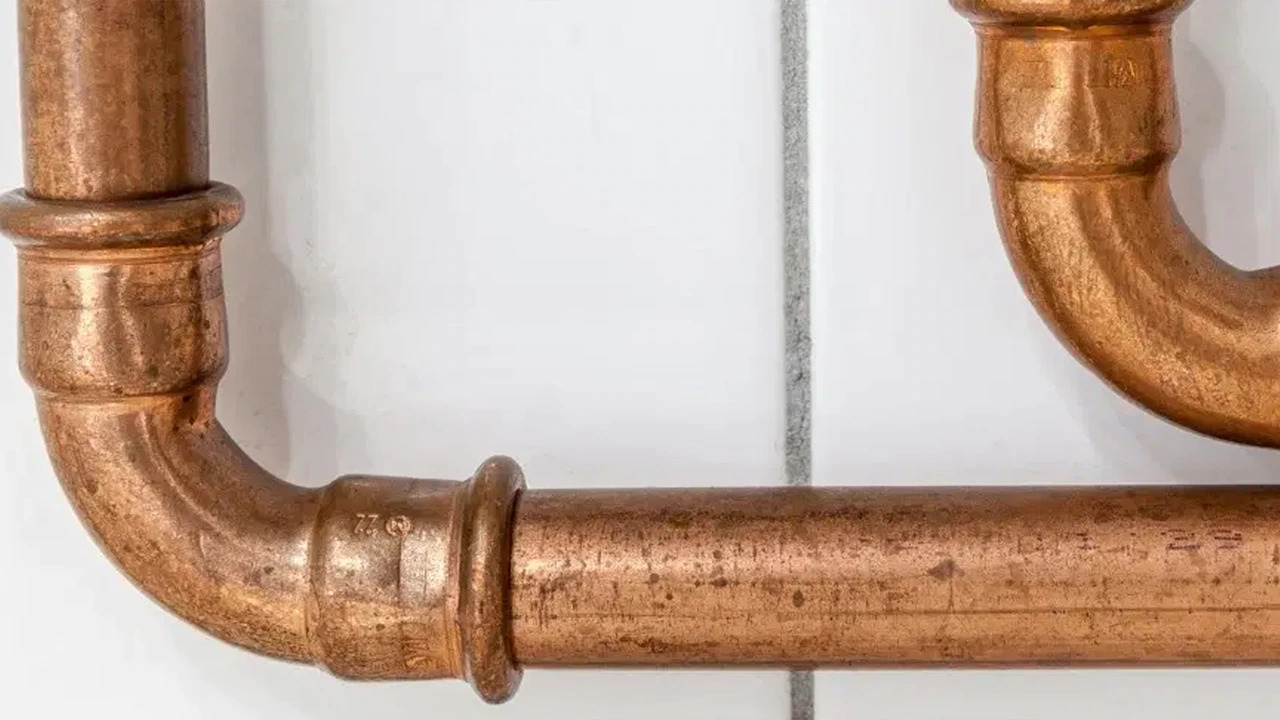

Heating & Cooling
Why Do Central Heating Pipes Make Noise
Modified: October 27, 2024
Discover the reasons behind noisy central heating pipes and learn how to troubleshoot and resolve heating and cooling system issues. Find expert tips and solutions here.
(Many of the links in this article redirect to a specific reviewed product. Your purchase of these products through affiliate links helps to generate commission for Storables.com, at no extra cost. Learn more)
Introduction
Central heating systems play a crucial role in maintaining a comfortable and cozy environment within our homes. However, the peaceful ambiance can be disrupted by the unwelcome sound of noisy central heating pipes. These audible disturbances can range from subtle creaks and ticks to more pronounced banging and clanging, often causing frustration and concern among homeowners. Understanding the reasons behind these unsettling noises and exploring effective solutions is essential for restoring tranquility to our living spaces.
The presence of disruptive sounds within central heating systems can be indicative of underlying issues that warrant attention. By delving into the common causes of central heating pipe noise and exploring viable remedies, homeowners can gain valuable insights into maintaining the optimal functionality of their heating systems. Whether it's the expansion and contraction of pipes, trapped air pockets, or water flow-related disturbances, each factor contributes to the symphony of sounds that can disrupt the serenity of our homes.
In the following sections, we will delve into the various factors that contribute to noisy central heating pipes, providing a comprehensive understanding of the underlying issues. Additionally, we will explore practical solutions aimed at mitigating these disturbances, allowing homeowners to restore peace and quiet to their living spaces. By addressing these concerns, individuals can enjoy the warmth and comfort provided by their central heating systems without the unwelcome accompaniment of disruptive noises.
Key Takeaways:
- Noisy central heating pipes can disrupt the peace at home. Understanding and addressing issues like trapped air and loose components can restore tranquility.
- Bleeding radiators, power flushing, and insulating pipes are effective solutions for noisy central heating pipes. Regular maintenance and professional help ensure a peaceful home environment.
Read more: How To Hide Central Heating Pipes
Common Causes of Central Heating Pipe Noise
Central heating pipe noise can stem from various factors, each contributing to the audible disturbances that disrupt the tranquility of our living spaces. Understanding these common causes is essential for homeowners seeking to address the underlying issues and restore peace to their homes.
-
Expansion and Contraction: As the central heating system operates, the metal pipes expand and contract in response to temperature fluctuations. This natural process can result in creaking or ticking sounds, especially when the system is first activated or shut down. The differential expansion and contraction of pipes and their brackets can lead to audible movements, causing the familiar noises often associated with central heating systems.
-
Trapped Air: Air trapped within the central heating system can lead to disruptive noises, such as gurgling or bubbling sounds. When air becomes trapped in the pipes or radiators, it interferes with the flow of water, creating disturbances that manifest as audible disruptions. This issue is particularly common after system maintenance or when the central heating system is refilled with water.
-
Water Flow Disturbances: Irregular water flow within the central heating system can also contribute to disruptive noises. This can occur due to factors such as a buildup of debris or sludge within the pipes, causing turbulent water flow and resulting in banging or knocking sounds. Additionally, issues with the water pressure or flow rate can lead to disturbances within the system, manifesting as audible disruptions.
-
Loose Components: Loose components within the central heating system, such as pipes, brackets, or valves, can lead to rattling or knocking noises. Over time, the vibrations and movements within the system can cause these components to become loose, resulting in audible disturbances as the system operates.
-
Boiler Operation: The operation of the boiler itself can also contribute to central heating pipe noise. Issues such as kettling, where limescale buildup within the boiler leads to boiling water producing steam bubbles, can result in rumbling or popping sounds. Additionally, issues with the boiler's burner or ignition can lead to disruptive noises during operation.
By understanding these common causes of central heating pipe noise, homeowners can gain valuable insights into the factors contributing to the disruptive sounds within their heating systems. This understanding forms the foundation for exploring effective solutions aimed at mitigating these disturbances and restoring tranquility to their living spaces.
Solutions for Noisy Central Heating Pipes
Addressing noisy central heating pipes requires a systematic approach aimed at mitigating the underlying causes of the disruptive sounds. By implementing targeted solutions, homeowners can restore tranquility to their living spaces and ensure the optimal functionality of their central heating systems.
Bleeding the Radiators
One effective solution for addressing trapped air within the central heating system is to bleed the radiators. This process involves releasing the trapped air, allowing for the smooth flow of water and eliminating the disruptive noises associated with air pockets. By using a radiator key to open the bleed valve, homeowners can release the trapped air, restoring the system to its efficient and quiet operation.
Power Flushing
In cases where water flow disturbances are attributed to the buildup of debris or sludge within the pipes, power flushing presents an effective solution. This process involves the use of high-pressure water to clean the interior of the central heating system, removing accumulated debris and restoring optimal water flow. By eliminating obstructions within the pipes, power flushing addresses the underlying cause of disruptive noises, promoting a quieter and more efficient heating system.
Read more: Why Is Central Heating Not Working
Tightening Loose Components
Addressing rattling or knocking noises within the central heating system involves identifying and tightening any loose components. This may include securing brackets, pipes, or valves to prevent unnecessary movements and vibrations that contribute to disruptive sounds. By ensuring that all components are securely fastened, homeowners can minimize the potential for audible disturbances, promoting a quieter and more stable central heating system.
Boiler Maintenance
Regular maintenance of the boiler is essential for addressing issues related to its operation, such as kettling or burner-related noises. This may involve descaling the boiler to remove limescale buildup, ensuring the smooth and quiet operation of the heating system. Additionally, addressing any issues with the boiler's burner or ignition through professional maintenance can effectively eliminate disruptive noises, contributing to a more peaceful home environment.
Insulating Pipes
To mitigate the effects of expansion and contraction-related noises, insulating the central heating pipes can be highly beneficial. By adding insulation around the pipes, homeowners can dampen the sounds resulting from temperature-induced movements, promoting a quieter heating system. This simple yet effective solution addresses the natural processes contributing to disruptive noises, enhancing the overall comfort of the home.
By implementing these targeted solutions, homeowners can effectively address the common causes of noisy central heating pipes, restoring peace and tranquility to their living spaces. Additionally, seeking professional assistance for complex issues or persistent disturbances can provide valuable insights and ensure the optimal functionality of the central heating system.
Conclusion
In conclusion, the presence of noisy central heating pipes can disrupt the peace and comfort of our living spaces, signaling underlying issues that require attention. By understanding the common causes of these disruptive noises, homeowners can take proactive steps to address the root of the problem and restore tranquility to their homes.
From the expansion and contraction of pipes to the presence of trapped air and water flow disturbances, each factor contributes to the symphony of sounds that can disrupt the serenity of our living spaces. However, by implementing targeted solutions, such as bleeding the radiators, power flushing, tightening loose components, conducting boiler maintenance, and insulating pipes, homeowners can effectively mitigate these disturbances and promote a quieter and more efficient central heating system.
It is essential for homeowners to prioritize the maintenance and care of their central heating systems, addressing issues promptly to prevent the escalation of disruptive noises. Regular maintenance, including bleeding the radiators and conducting power flushing when necessary, can significantly contribute to the optimal functionality of the system, ensuring a peaceful home environment.
Furthermore, seeking professional assistance for complex issues or persistent disturbances is crucial in maintaining the long-term integrity of the central heating system. Professional heating engineers possess the expertise and resources to diagnose and address underlying issues, providing homeowners with valuable insights and ensuring the sustained comfort and efficiency of their heating systems.
By taking a proactive approach to address noisy central heating pipes, homeowners can enjoy the warmth and comfort provided by their central heating systems without the unwelcome accompaniment of disruptive noises. Restoring peace and tranquility to our living spaces through effective solutions not only enhances the overall comfort of our homes but also contributes to a more pleasant and enjoyable living environment for all occupants.
In essence, understanding the common causes of central heating pipe noise and implementing targeted solutions empowers homeowners to maintain a quiet, efficient, and reliable central heating system. By prioritizing the care and maintenance of these essential home systems, individuals can create a serene and comfortable living environment, free from the disruptions of noisy central heating pipes.
Frequently Asked Questions about Why Do Central Heating Pipes Make Noise
Was this page helpful?
At Storables.com, we guarantee accurate and reliable information. Our content, validated by Expert Board Contributors, is crafted following stringent Editorial Policies. We're committed to providing you with well-researched, expert-backed insights for all your informational needs.
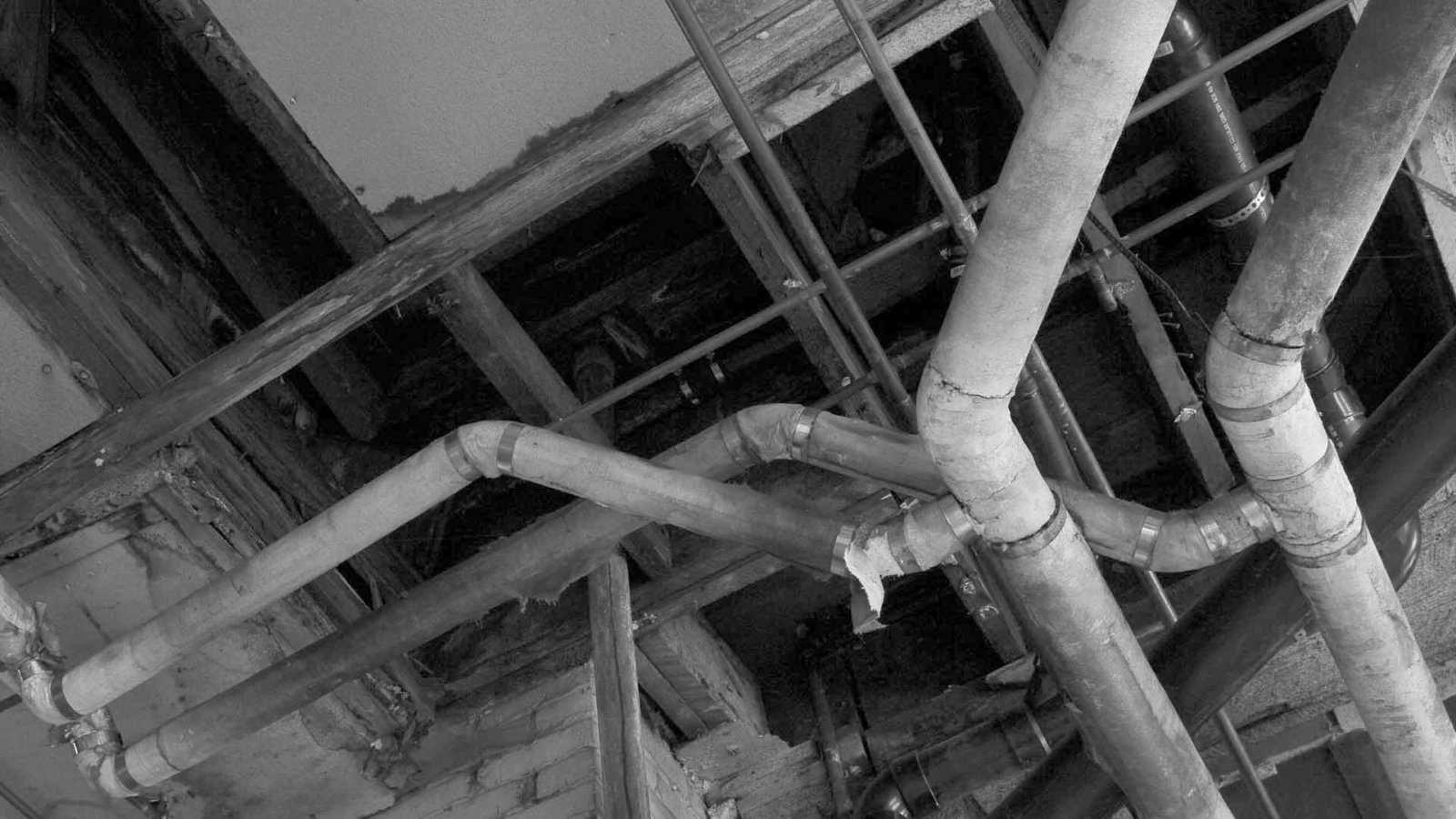
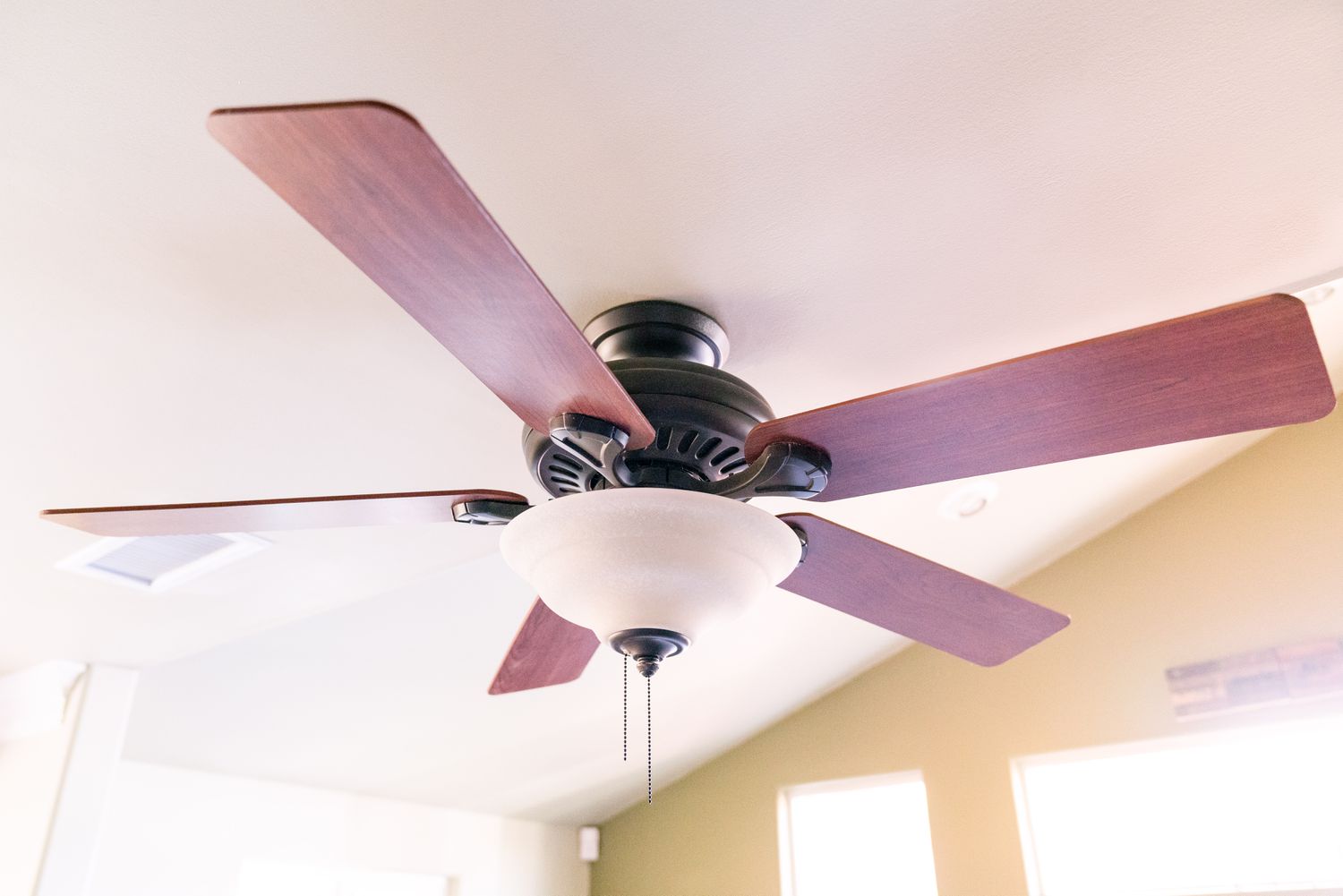
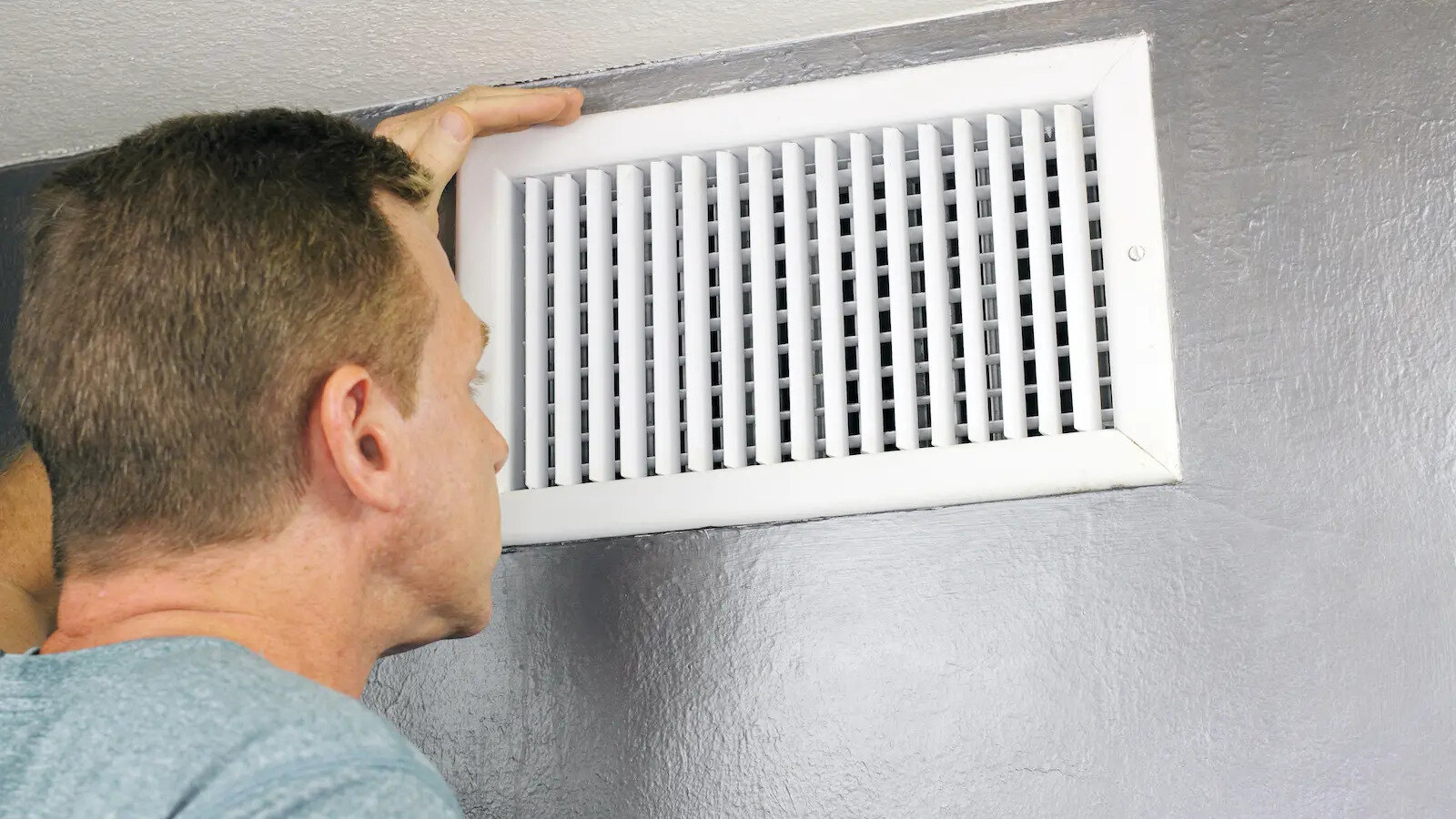
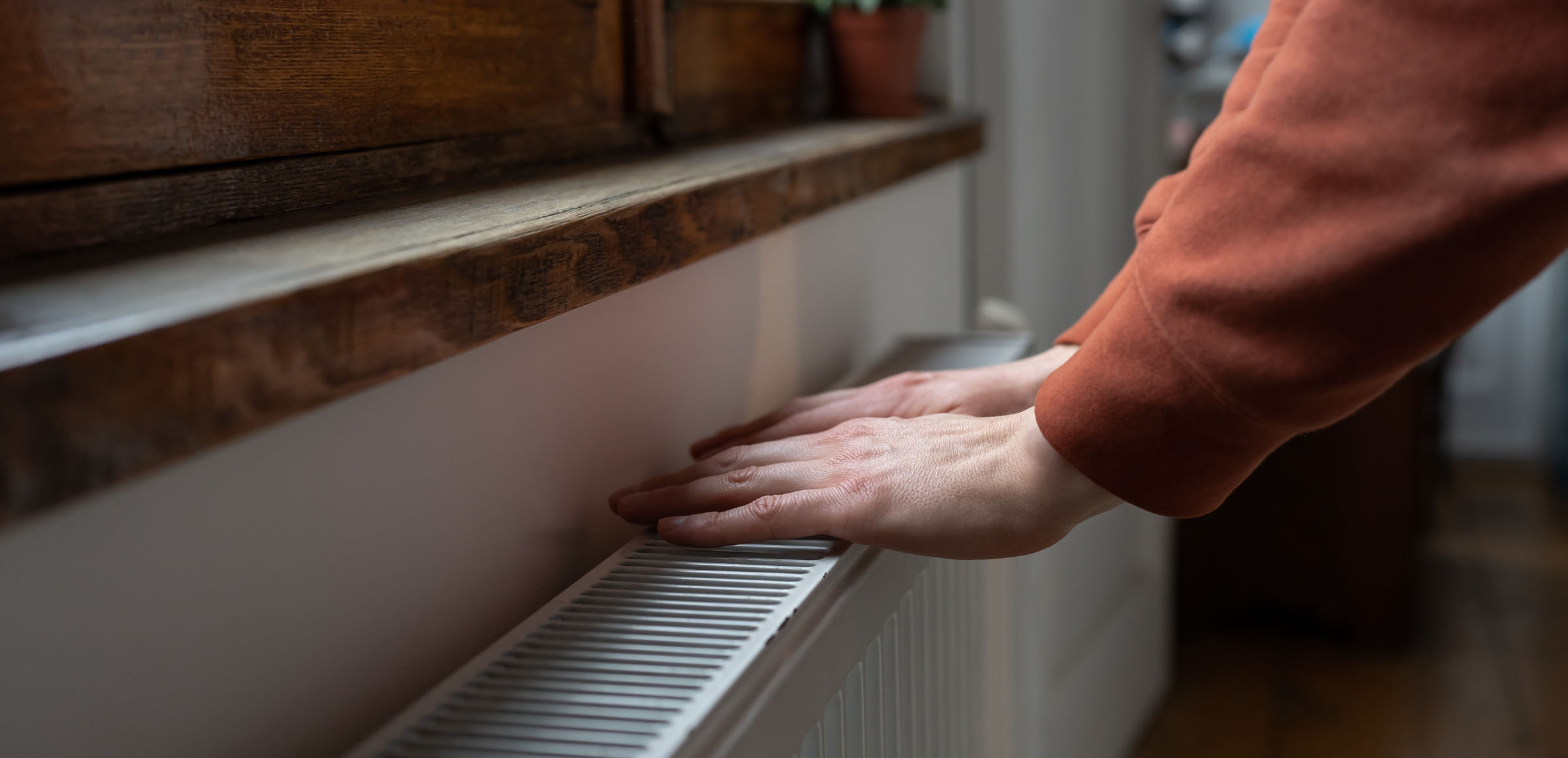
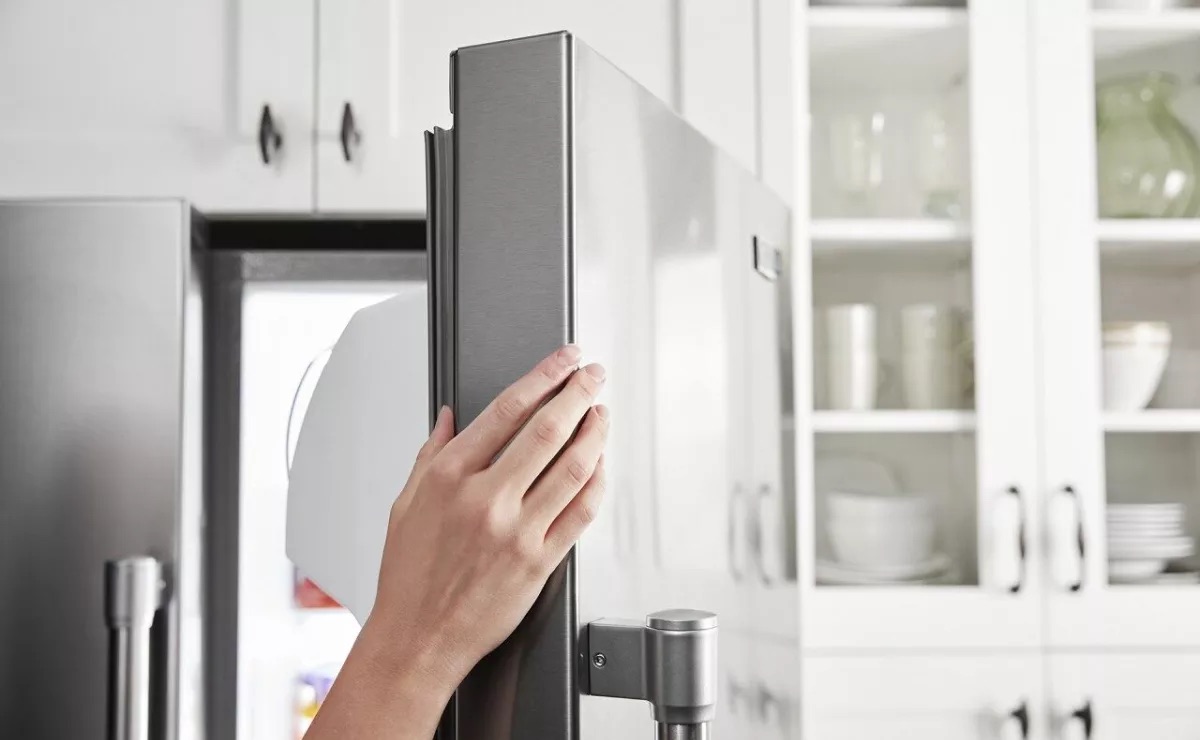
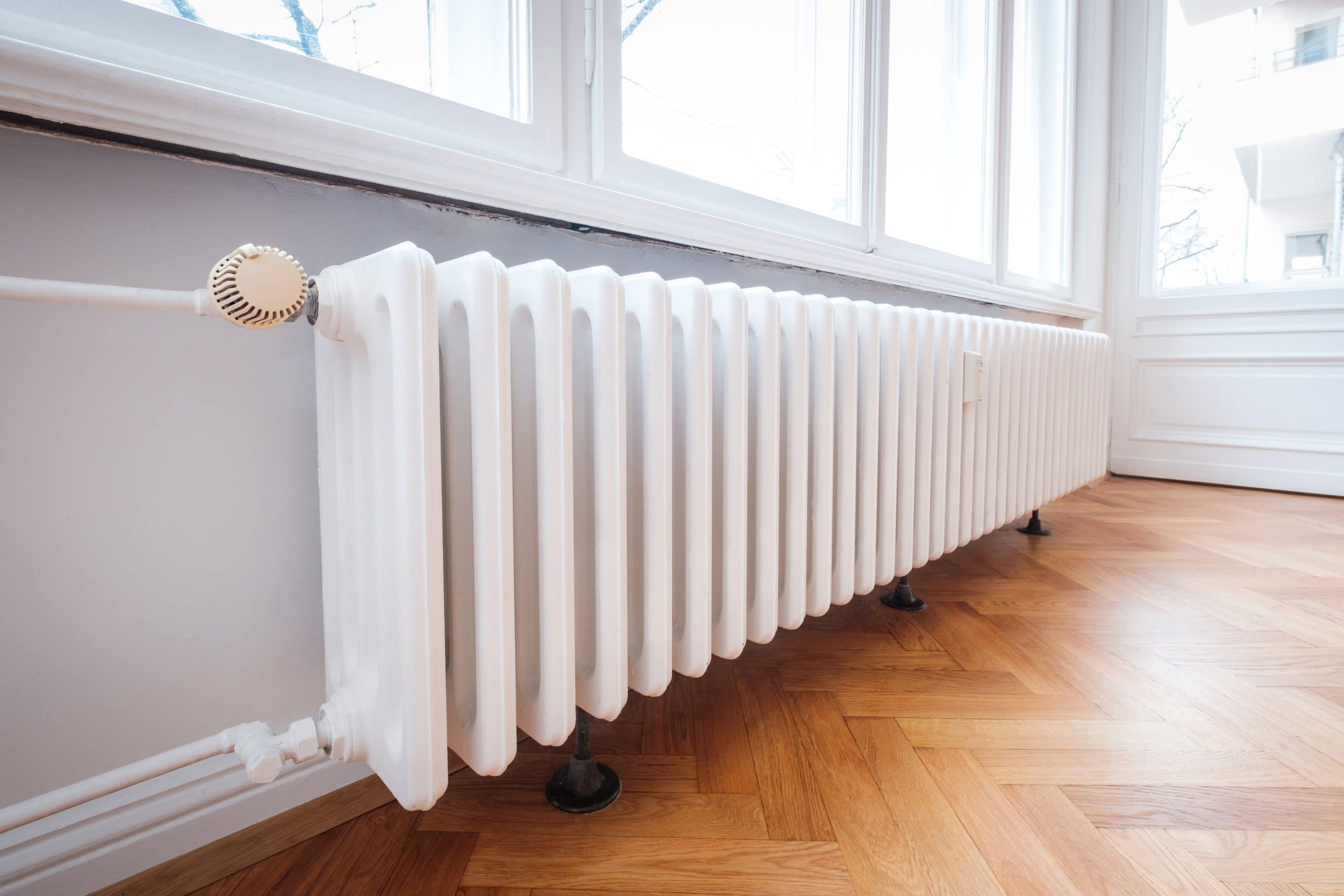

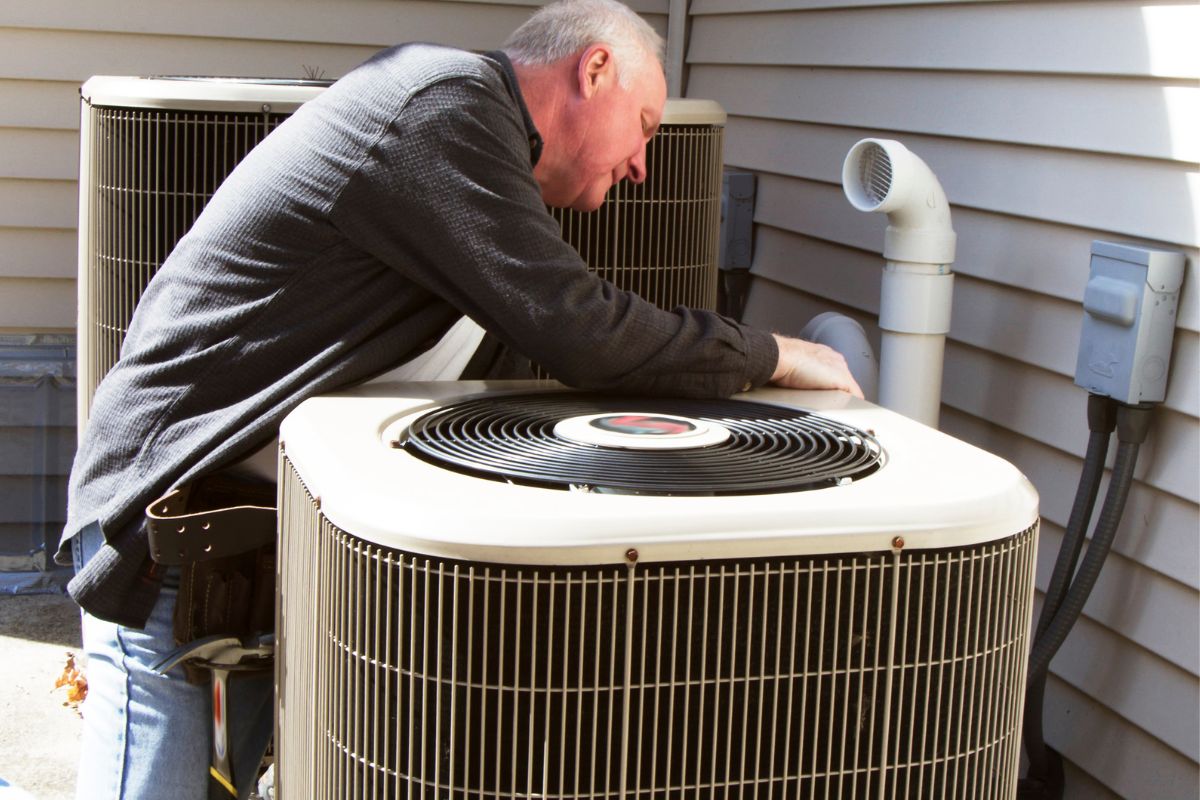
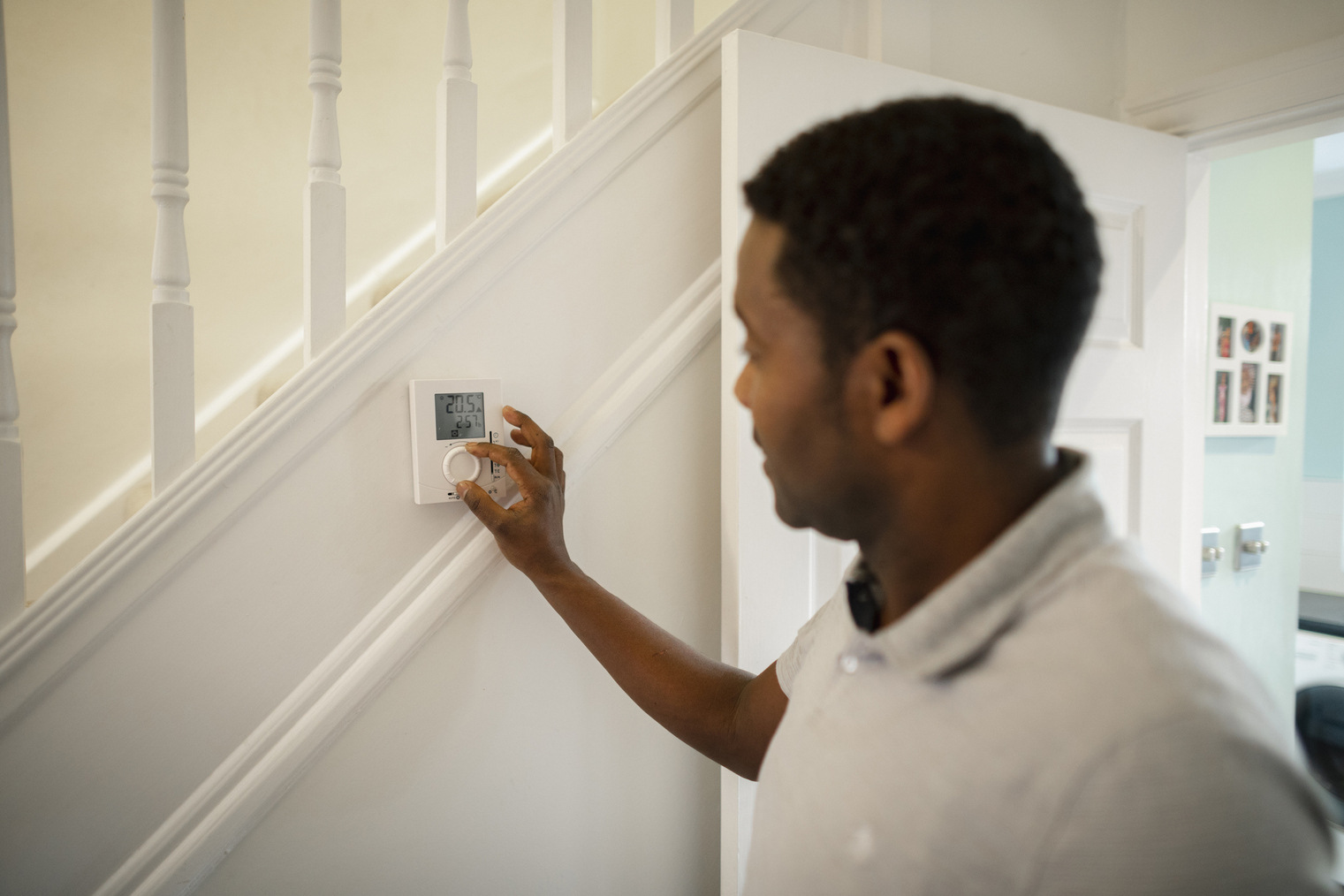
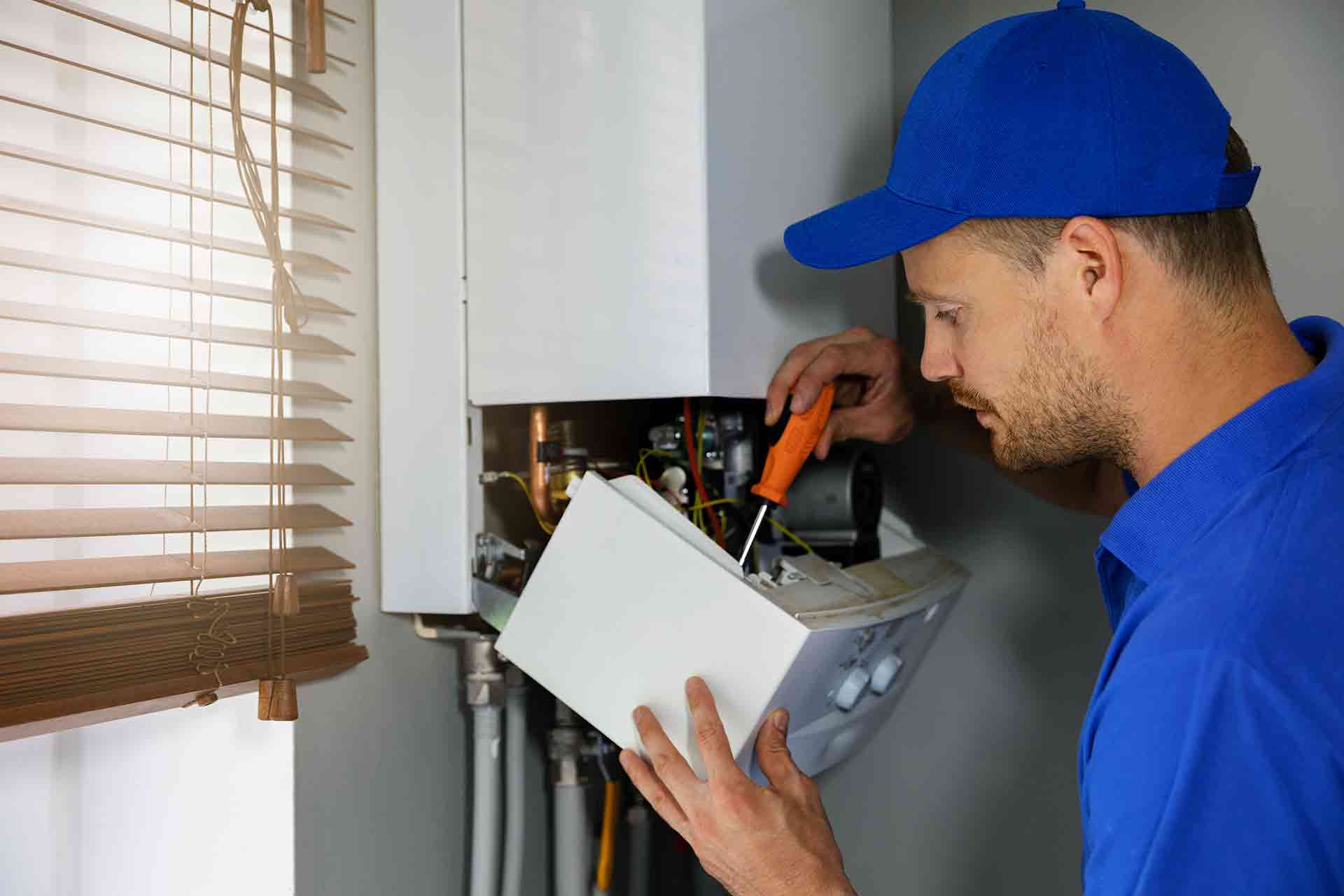
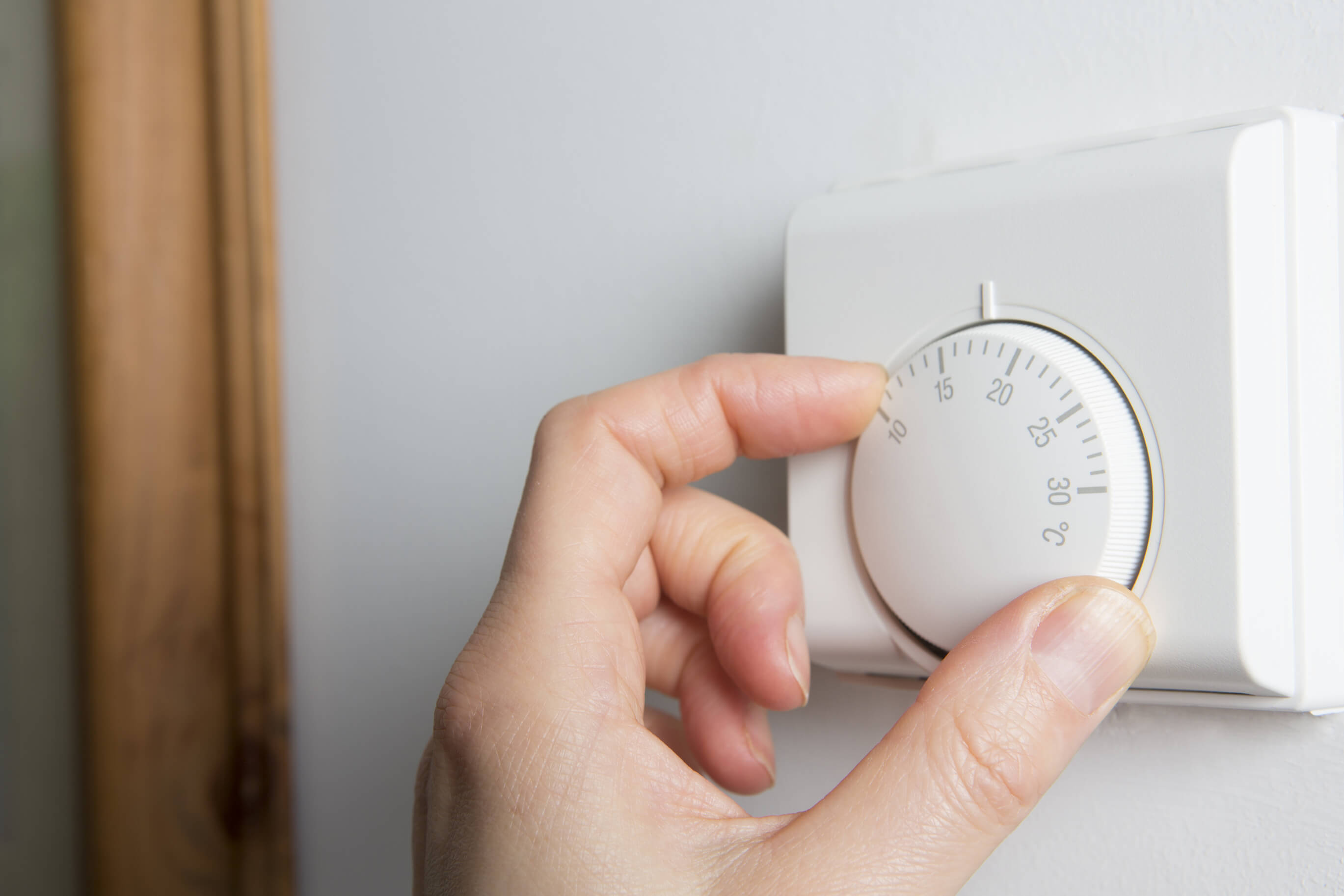

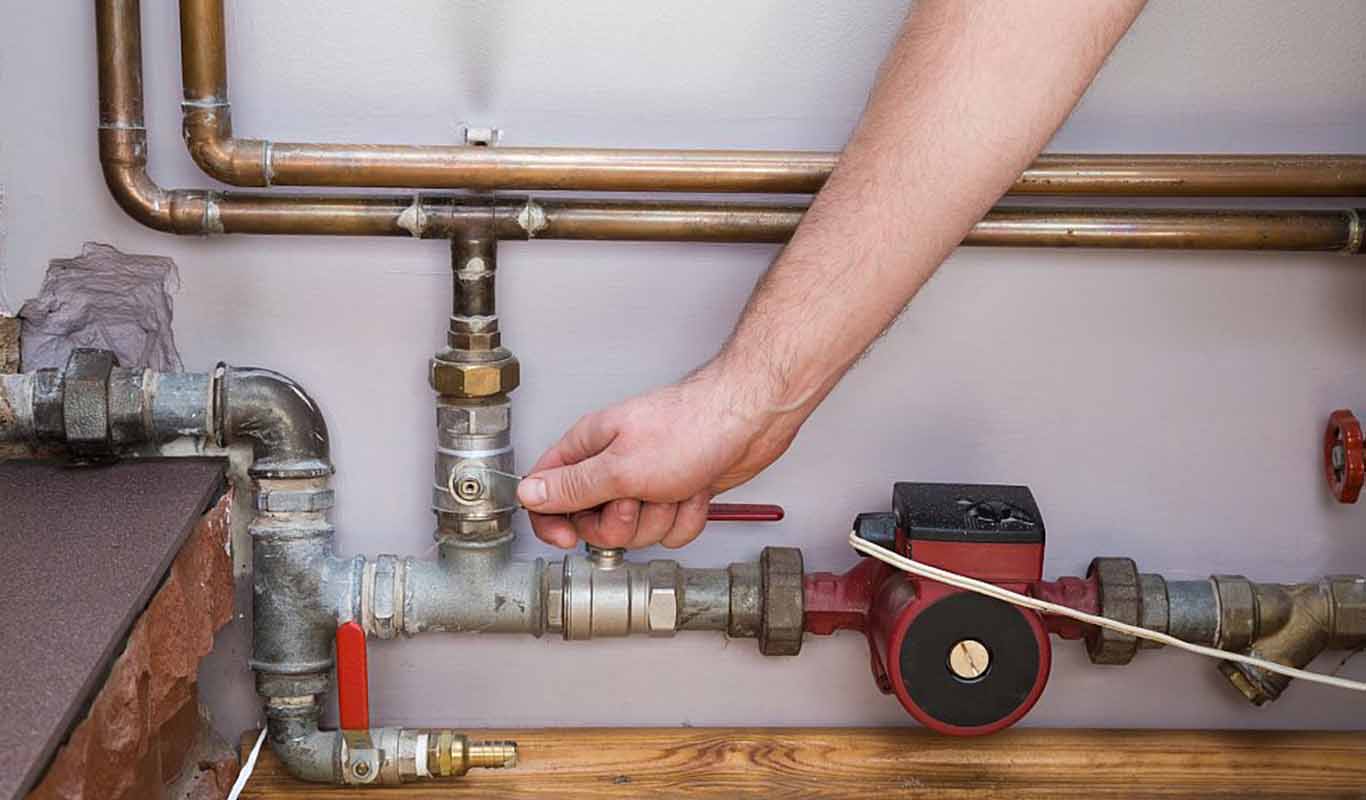


0 thoughts on “Why Do Central Heating Pipes Make Noise”